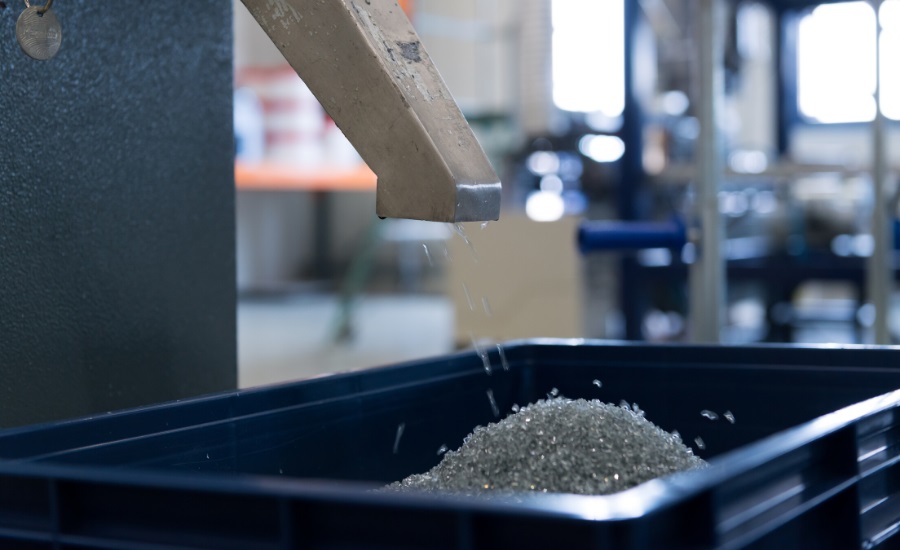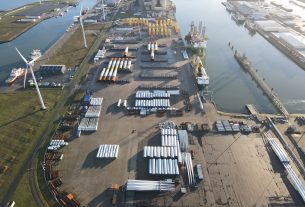Independent bottler Coca-Cola European Partners (CCEP) has taken an important step on its journey towards 100% rPET for its plastic bottles. CCEP funds recycling start-up CuRe Technology which seeks to provide a new lease of life for difficult to recycle plastic polyester waste.
The funding from Coca-Cola European Partners (CCEP), through its innovation investment fund will enable CuRe to accelerate its ‘polyester rejuvenation’ technology from pilot plant to commercial readiness. Once the technology is commercialised, CCEP will receive the majority of the output from a CuRe-licensed, new-build plant.
CuRe Technology
CuRe Technology uses a partial depolymerisation process that shortens the polymer chains just enough to allow the removal of many impurities. And to rejuvenate food grade PET to high quality rPET. The technology can be less energy intensive than full depolymerisation offering lower associated C02 emissions. It’s like pressing a ‘reset’ button to partially break down plastic PET into its component building blocks to produce a high quality rPET. Due to the modularity of the process, the longer term ambition for this technology is to upcycle all polyester waste streams including product to product rejuvenation of carpets and textiles.
Once operational, CuRe has the potential to support CCEP’s ambition to eliminate virgin oil-based PET from its PET bottles within the next decade. This will contribute to removing of a total of over 200,000 tonnes of virgin oil-based PET from CCEP’s packaging portfolio a year. And support the transition to a circular economy for PET packaging.
Depolymerisation
CuRe Technology will initially apply its end-to-end partial depolymerisation recycling process to transform opaque and difficult to recycle (ODR) food grade PET to high quality recycled PET (rPET). That can be used again for food and drink packaging in one continuous process on the same site.
Towards a Circular Economy
Depolymerisation recycling technologies complement existing mechanical polymer recycling processes. They have the potential to upcycle lower grade PET that cannot currently be recycled via mechanical recycling means and is instead currently downcycled, incinerated or sent to landfill. These depolymerisation technologies could play a role in significantly increasing the supply of rPET. Whilst also accelerating the transition to a circular economy for PET bottles by reducing the reliance on virgin oil-based PET.
The Coca-Cola system in Western Europe is working towards a future source vision for its PET material which will help remove the need for virgin oil-based PET. The figurative future sources of PET in Western Europe will be 70% derived from mechanical recycling with 25% from depolymerisation recycling and 5% PET from plant-based renewable sources, all while remaining 100% recyclable.




